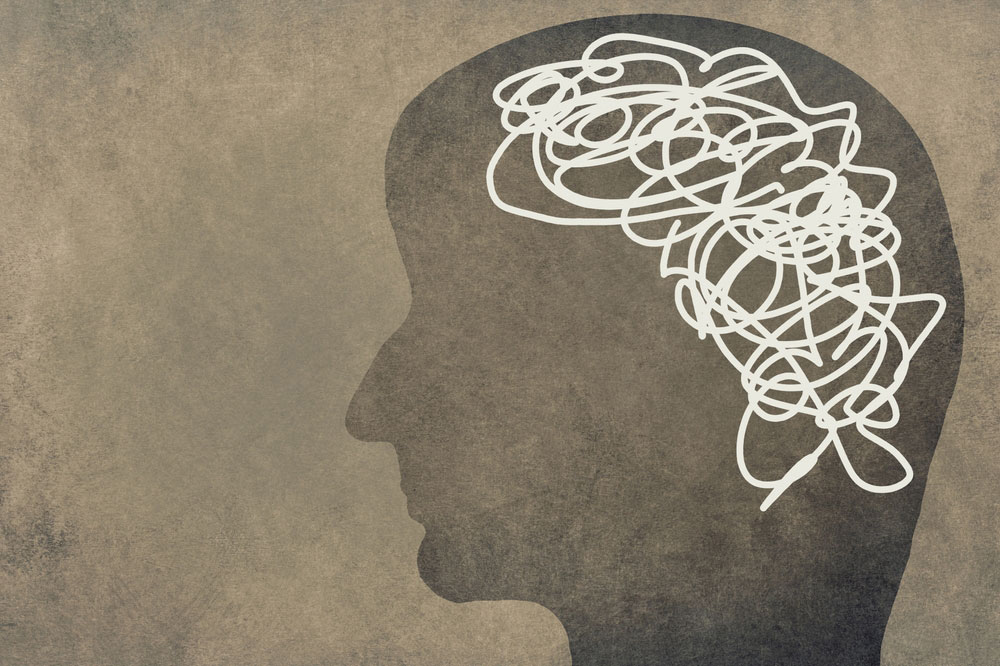Dopamine is a “feel-good” brain chemical that regulates how we experience pleasure and reward. While you cannot become addicted to dopamine itself, it is possible to become overreliant on activities or substances that stimulate its release, leading to risky behaviors and dependencies.
The Cycle of Dopamine Release
Engaging in an activity that fulfills a need or desire releases dopamine, a chemical messenger involved in reward, motivation, memory, attention and even body movements. This natural reward system creates satisfied feelings by motivating repeated behaviors that are crucial to your survival and well-being.
The pleasure derived from dopamine is so potent that it can influence your brain’s reward system to prioritize specific actions associated with this feeling of enjoyment. Since this link becomes stronger with repetition, activities or substances that trigger dopamine release can become compulsive, leading you to pursue pleasure in potentially harmful ways.
Dopamine and Risky Behaviors
While everyday activities like eating and shopping are healthy ways to stimulate dopamine release, chasing these feelings can lead to unhealthy behaviors.
- Overeating: Foods that are high in sugar, sodium and fat significantly boost dopamine levels, which can lead to overeating.
- Substance use: Drugs such as nicotine, alcohol and narcotics cause a rapid flood of dopamine, making them highly addictive.
- Compulsive gambling and shopping: Gambling and shopping trigger a similar dopamine release to addictive drugs. Anticipating a reward can lead to repeated behavior despite adverse consequences.
Many people impulsively do things that increase their dopamine levels, even if these activities lead to negative outcomes. While these activities can temporarily boost feelings of happiness, they can also disrupt normal dopamine production and signaling pathways over time, leading to dependence and even depression.
Managing Your Dopamine Levels
You can maintain healthy brain chemistry and avoid self-destructive behaviors by understanding what triggers dopamine release. A few positive activities that boost dopamine without turning to substance abuse and other compulsive behaviors include exercising, meditation, eating a balanced diet and setting small, manageable goals.
Though you cannot technically become addicted to dopamine, recognizing the signs of unhealthy dopamine-seeking behaviors and knowing how to balance and manage these impulses is crucial for maintaining your mental health and well-being.
Consider seeking professional help if you struggle with compulsive, self-destructive or harmful behaviors. Recovery involves breaking the cycle of maladaptive habits and coping mechanisms by replacing them with healthier ones that also satisfy the brain’s need for dopamine.
PACE Recovery provides certified substance use and mental health treatment for young men in California. Our program uniquely focuses on each client’s academic and professional goals. Participating in adventures like beach volleyball and bungee jumping will teach you that you don’t need to drink or use drugs to have a good time. Experiential therapy also reinforces crucial skills like risk-taking and emotional regulation. Contact us today to learn more about men’s-only rehab in Huntington Beach and Newport Beach.


